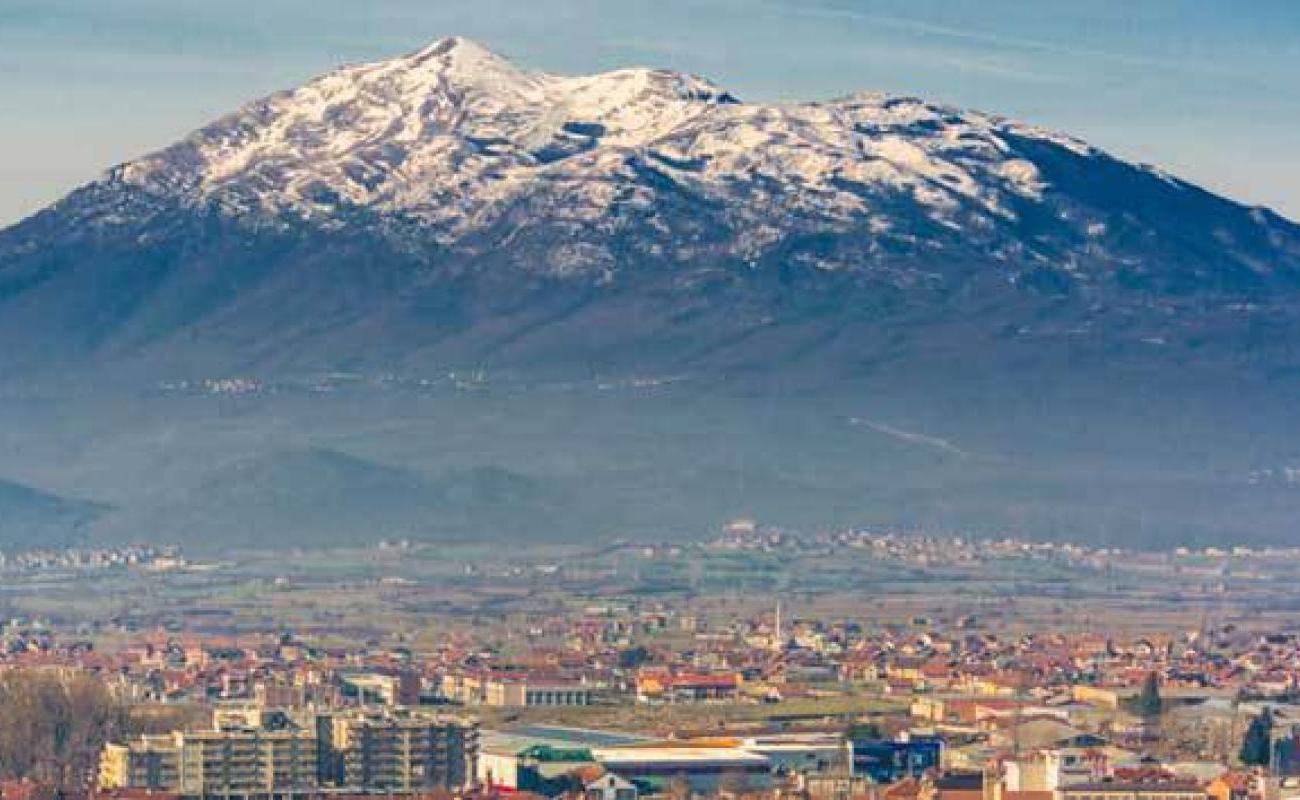EBRD and EU support greener buildings in Prizren, Kosovo
Kosovo’s second-largest city set to improve the energy efficiency of public buildings EBRD is lending €5 million to Prizren and the EU is providing a €1 million grant Project signed at the EBRD’s Annual Meeting in Morocco

The European Bank for Reconstruction and Development (EBRD) is extending a €5 million sovereign loan to Kosovo to help it improve the energy efficiency of public buildings such as kindergartens, schools and primary healthcare facilities in the country’s second-largest city of Prizren.
The European Union (EU) will provide an accompanying €1 million investment grant to the project under the Regional Energy Efficiency Programme for the Western Balkans.
The financing package is similar to that provided to the Kosovan capital, Pristina, during EBRD President Odile Renaud-Basso’s visit to the country last month.
The EBRD’s portion of the financing agreement was signed at the Kosovo Investment Outlook Session of the EBRD’s Annual Meeting and Business Forum in Morocco. Kosovo was one of six EBRD economies selected to host an investment session highlighting opportunities for foreign direct investment (FDI). Entitled “Kosovo ‒ From Coal to Renewable Energy”, the session focused on the upcoming government programme to switch straight to renewable energy from coal by relying on technological solutions such as battery storage.
The project agreement was signed by Minister of Finance Hekuran Murati, who is also Kosovo’s representative on the EBRD Board of Governors.
“We are pleased that, once again, the EBRD and EU are jointly supporting the decarbonisation of Kosovo’s economy, reducing its reliance on imported fossil fuels,” Minister Murati said. “We are also building up domestic renewable energy. Through two EBRD-financed wind farms, Kosovo has added more than 15 per cent to the generation capacity of its grid.”
Alain Pilloux, EBRD Vice President for Banking, signed the project on behalf of the EBRD.
“For a country that until fairly recently could not imagine energy outside of lignite, the shift in Kosovo’s vision could not be more dramatic,” he said. “Kosovo is now working on a model that all other countries should adopt: energy efficiency plus renewables. I am proud that we are supporting a project to reduce the burning of coal in the historic city Prizren by insulating 100 of its public buildings and reducing their emissions by half.”
Katarína Mathernová, EU Deputy Director-General for Neighbourhood and Enlargement, sent the following message: “The European Union welcomes Kosovo’s steps towards a green transition. The decarbonisation of energy systems is one of the priorities of the EU’s Economic and Investment Plan for the Western Balkans and the joint efforts through the Western Balkans Investment Framework, a financial cooperation instrument established by the European Commission in partnership with financial institutions and EU member states, bilateral donors and Norway, bringing concrete results on the ground.”
Kosovo’s green transition is being supported though a number of pre-agreed financing frameworks. For energy-efficiency projects such as the one in Prizren, grants are provided via the EBRD-run Regional Energy Efficiency Programme, which is backed by the EU, bilateral donors and the beneficiary countries themselves.
As part of the project, the EBRD is also helping Kosovo to develop a building renovation strategy. To this end, Prizren will be the first municipality in the country to introduce energy audits and energy performance certificates (EPCs) for buildings.
The EBRD is a key institutional investor in Kosovo. Since 2012, when Kosovo became a full EBRD member, the EBRD has invested almost €600 million in its economy.
